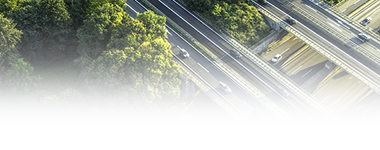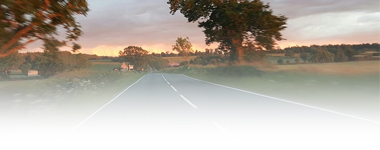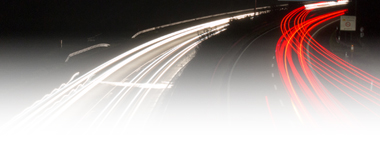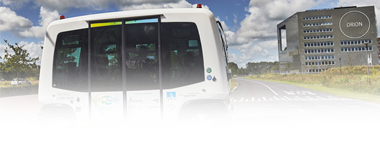



Lane Specific Traffic Flow Control

Persuasive Lane Use Advice
Research
Principal Investigator
PostDoc Researchers
PhD Researchers
Supervisors
Instrumented Vehicles
Taking the Fast Lane: Research Summary
Traffic jams are a major discomfort for the road user and lead to societal costs estimated up to 1,800 M€ annually in the Netherlands. Unbalanced lane use reduces the actual capacity of motorways and can lead to the onset of congestion in one of the lanes. After congestion has set in, road capacity reduces by approximately 15%, a phenomenon known as the capacity drop. Thus, lane specific traffic control – by optimizing lane use – can drastically reduce traffic jams, in addition resulting in collateral improvements in traffic safety and emissions.
The project will focus on the application of lane specific traffic management through in-car systems. Traffic state estimation, control as well as the advice generation will take place in a cloud based setting, with processing capability in the vehicle and the traffic management center. The cloud uses cellular communication (2-3G) and short range wireless communication with vehicles and road infrastructure (WiFi-p). Realistic traffic flow simulation models, a driving simulator, an instrumented vehicle, back office supported developed by TU Delft, TomTom, NXP and Technolution and the Dutch part of the Cooperative ITS Corridor between Rotterdam and Vienna developed by Rijkswaterstaat will provide an ideal set of experimental facilities. DLR will provide GNSS satellite state estimates as input to the GNSS Single Frequency Precise Point Positioning technique. The Dutch Road Safety Research Organization SWOV will contribute to the assessment of the traffic safety consequences of the system.





